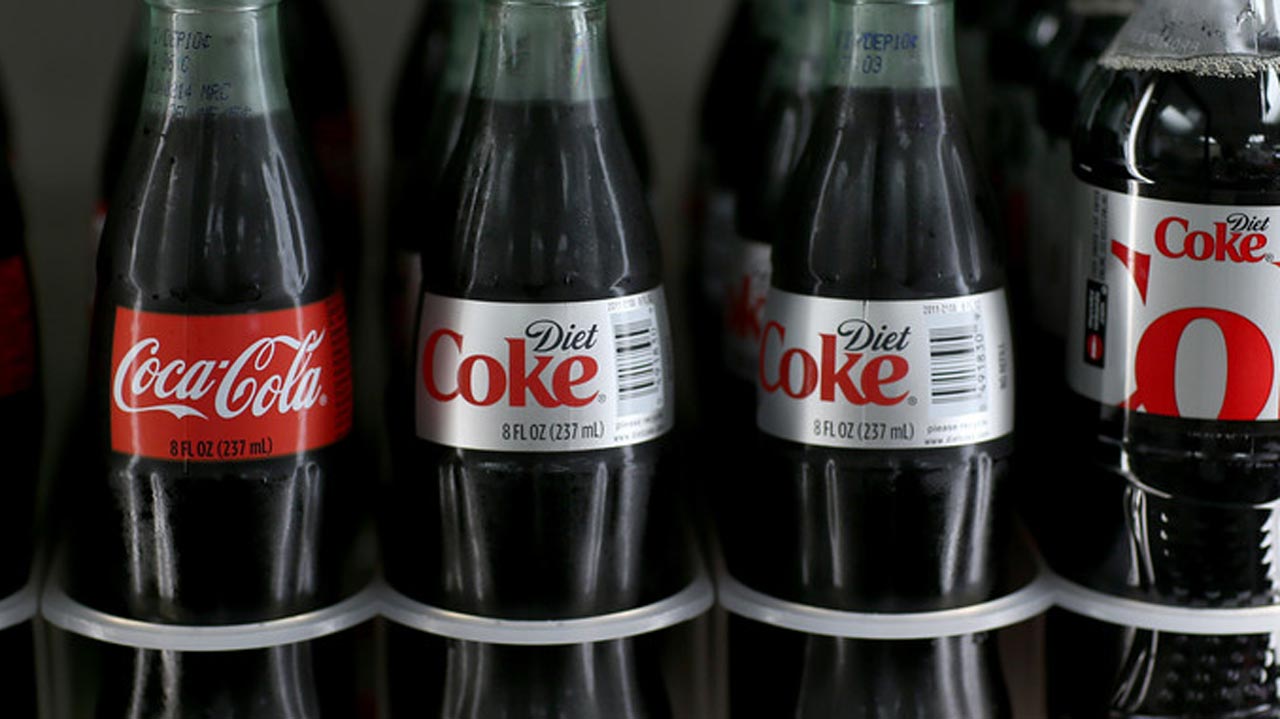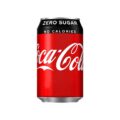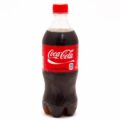After weeks of uncertainty and confusion, WHO has finally declared aspartame the coke sweetener as a possible carcinogen. Aspartame is an artificial sweetener that has been used as a sugar substitute in various food and beverage products. Aspartame is a common ingredient in various diet drinks such as Coke Zero, Diet Coke, Diet Pepsi, Pepsi Max, Sprite Zero, and Fanta Zero. A standard can of these diet beverages typically contains approximately 200mg of aspartame.
The debate over its safety has been ongoing for many years. In this recent development, the International Agency for Research on Cancer (IARC), a World Health Organization (WHO) agency, announced this Friday that aspartame is a possible carcinogen. This means that it has the potential to cause cancer, but it does not definitively prove a direct link to cancer in humans.
On the other hand, the WHO’s Department of Nutrition and food safety, represented by Dr. Francesco Branca, stated that at commonly used doses, safety is not a major concern. However, they acknowledged that the potential effects of aspartame need to be investigated further through more and better studies.
The safety concerns raised by the IARC were countered by industry groups, including the Calorie Control Council and the American Beverage Association, who argued that the suggested level of consumption to raise safety concerns is not realistic or aligned with the intended use.
According to the Calorie Control Council, a person weighing 150 lbs would need to consume an unrealistic amount of aspartame-containing products daily over their entire life to raise safety concerns. The statement implies that normal, occasional consumption of aspartame should not pose a risk to most people.
The IARC’s conclusion was based on analyzing three observational studies that found a link between beverages sweetened with aspartame and liver cancer, even at lower amounts than what is considered safe for daily consumption.
It’s essential to note that the debate over aspartame’s safety is not new, and multiple health regulatory agencies worldwide have approved its use as a sugar substitute, including the U.S. Food and Drug Administration (FDA). Despite the IARC’s assessment, the FDA disagreed with the classification of aspartame as a possible carcinogen to humans, maintaining that it is safe for consumption in recommended doses.
In his contribution, Dr. Oche Otorkpa, a public health expert asserted that the rising global rates of various types of cancer are closely linked to the mass consumption of fast food products containing sweeteners like aspartame as earlier studies have suggested that aspartame could increase the risk of cancer but major food and beverage makers have for decades defended their use of the ingredient for economic reasons.
As with many controversial topics related to food and health, the understanding of aspartame’s effects may continue to evolve as further research is conducted. In the meantime, individuals may consider moderation and choosing alternative sweeteners or unsweetened options if they have concerns about aspartame or artificial sweeteners in general. Drinking water or unsweetened beverages is also suggested as a safer option.






